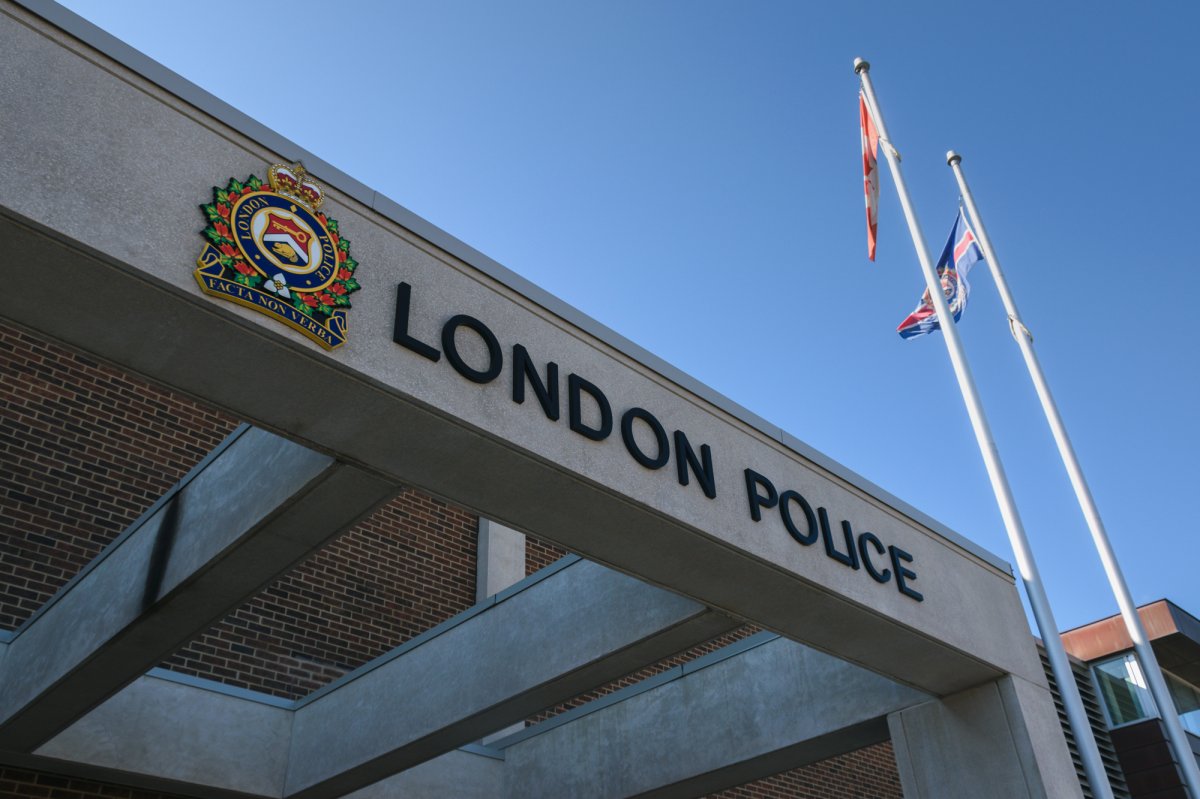The London Police Service is adding its name to the list of Canadian law enforcement agencies who have admitted in recent weeks that its officers have used or tested controversial facial recognition technology by the U.S. firm Clearview AI.

After telling 980 CFPL last month that the force had not used or tested Clearview AI’s service, London police admit that some “well-intentioned” officers may have accessed the technology.
It’s not clear how many officers had accessed the service, when, and for how long. It’s also unclear for what purpose the officers had been utilizing the technology. Police have also not said when Chief Steve Williams became aware of its use. Chief Williams has since directed members to stop the use of such technology pending further review.
980 CFPL has requested answers to these questions but has yet to receive a response from London police.
- Life in the forest: How Stanley Park’s longest resident survived a changing landscape
- ‘They knew’: Victims of sexual abuse by Ontario youth leader sue Anglican Church
- Bird flu risk to humans an ‘enormous concern,’ WHO says. Here’s what to know
- Buzz kill? Gen Z less interested in coffee than older Canadians, survey shows
“Regardless of intention, it is recognized that this is a very complex issue that engages broad public policy concerns with respect to privacy interests,” London police said in a statement to 980 CFPL dated Feb. 27 — the same day the Toronto Star published a report on the technology’s use in Canadian law enforcement. The statement given to 980 CFPL was the same one given to the Star.
“To date the London Police Service as an organization has not engaged in the use of Clearview AI technology in any formalized manner,” police said in the statement.
Clearview AI has drawn scrutiny since January when investigations by the New York Times and BuzzFeed revealed the firm had scraped more than three billion photos from social media platforms like Facebook and Twitter to create a database used by hundreds of law enforcement agencies in the U.S., Canada and elsewhere, as well as other government agencies, companies, and retailers.
Several Canadian law enforcement agencies in Canada, including the RCMP, OPP, and police in Toronto, Halifax, Hamilton, and Edmonton, have admitted its officers had used or tested the service in some capacity.
The use of Clearview AI’s technology in Canada is being probed by the federal privacy commissioner, his provincial counterparts in B.C., Alberta, and Quebec, and the House of Commons committee on access to information, privacy and ethics.
The investigation follows media reports that raised concerns about whether the company is collecting and using personal information without consent. Daniel Therrien’s office says the four privacy regulators will examine whether the organization’s practices comply with Canadian privacy laws.
In its statement, London police said it would follow the “expertise and advice” of the privacy commissioner and Ministry of the Attorney General regarding best practices surrounding the technology’s use in policing, adding that a full review would be conducted and comprehensive service policy developed prior to any deployment.
“While there are no immediate plans to acquire or implement this technology, it is recognized that facial or image recognition and similar AI technology now permeates all aspects of our lives and could prove valuable to police when investigating serious crimes that impact public safety,” the statement from London police states.
Clearview AI’s technology is also being investigated south of the border by U.S Congress over concerns about privacy and the firms marketing of its technology in Saudi Arabia and other countries.
In late February, Clearview AI revealed it suffered a data breach after a hacker gained unauthorized access to its client list, which includes law enforcement agencies and banks around the world.
“Security is Clearview’s top priority. Unfortunately, data breaches are part of life in the 21st century,” said Tor Ekeland, an attorney representing the tech company. “Our servers were never accessed. We patched the flaw and continue to work to strengthen our security.”
Facebook, YouTube, Twitter and other companies have demanded that Clearview stop harvesting their users’ images, saying such practices violate their policies.
–With files from Alexander Quon, Andrew Russell, and Kerrie Breen of Global News, and The Canadian Press








Comments